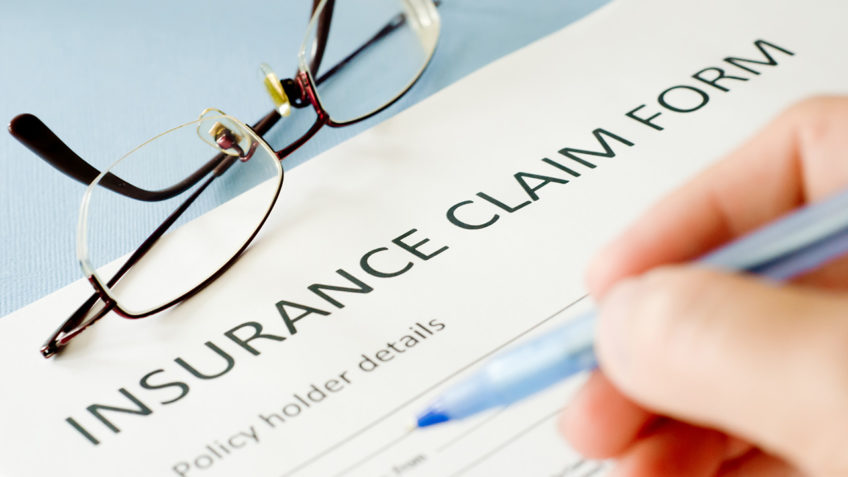
How to Manage a Business Insurance Claim When Disaster Strikes
The 10 most common type of business insurance claims are
- Burglary and Theft
- Water Damage
- Wind and Hail Damage
- Fire Damage
- Customer Slip and Fall
- Customer Injury and Damage
- Product Liability
- Struck by Object
- Reputational Harm
- Vehicular Accident
While insurance companies aim to make the claims process as simple as possible, there are numerous moving parts that make it anything but. As is the case across America, most people have never filed an insurance claim. For those that have, it is oftentimes an automobile claim which is far less complex in comparison to a business insurance claim. A business insurance claim becomes tough because of the intricacies besides structural damage, such as employees, customers, and damaged equipment or inventory. The whole claims process becomes increasingly complex when widespread disaster hits a geographic region. In such instances, insurance companies must assess the damage and address the needs of those dealing with the most loss. The most important thing we tell our clients during a disaster is to remain calm, report the damage immediately and document information after every discussion you have. Let’s take a deeper look at managing a business claim after a disaster.
Managing Your Claim
- Contact your insurance company as soon as possible
Contact your insurance company immediately so they are aware that your business has been affected by a recent disaster. Ask questions to find out what you’re compensated for, see what your deductible is, determine if the cause is an insured or covered peril, and get expertise from the insurance company to see what next steps are best. In instances where your business building has been evacuated, make sure the insurance company knows how best to reach you and any backup-up contacts you’ve given them.
- Secure Property
If it is safe to do so, take the necessary steps to make temporary repairs and secure the property even before the adjuster arrives. It is important to prevent future damage and limit the time it may take to restore your property.
- Collect Business Records
Collect any and all business records that will help you prove the value of damaged equipment, inventory and structures that you plan to include in your claim. If you plan on also filing a business interruption claim, you’ll need a record of income before and after the disaster. That means collecting all tax returns, budgets, financial statements and other income related documents. Lastly, keep a detailed record of the cost of conducting business, any business activity and any expenses that occurred while protecting and repairing your business.
- Photographic Evidence
In an effort to assist the adjuster and have backup documentation for yourself, photograph the damage to the building and any of your business items inside. It is important not to throw away any damaged items until after photos are taken and the adjuster has finished their work.
- Meet the Adjuster
Meet the adjuster at the property to review their notes and outline the steps of the claim so you know what to expect. Get clarification on any available allowance for a temporary location (if needed), deductibles or qualifications for waiving deductibles, debris removal, item storage, and questions regarding proof of loss lists.
- Proof of Loss Inventory
While making a claim for the business structure is first and foremost, don’t forget to make a claim for all the items inside the building. To be prepared, it is always a good idea to have a business inventory list and photos in case of disaster. When making a proof of loss claim, you’ll need to itemize a list of inventories with descriptions, locations of each item, purchase costs, receipts, condition and replacement costs.
It is important to remember that your insurance company is there to help you through a difficult time, while documenting everything to help get your business back up and running. Going through a disaster is never easy, but your insurance company should make the process as seamless as possible. Remember to follow the instructions above while always staying organized. Keep your claim reference number, adjuster information, estimates and other things all in one place. If you’re uneasy about your coverage and have additional questions, contact a Colony West professional today. We’ll help you cover potential coverage gaps and discuss what works best for your current situation.
